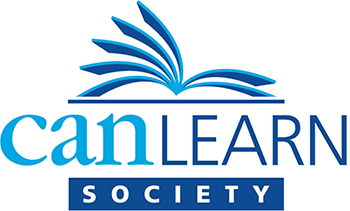The COVID-19 pandemic is escalating everywhere. By now, most of us know the steps we have to take to protect ourselves from the virus – staying home, washing our hands, maintaining a physical distance and wearing a mask as a precaution buying groceries. In the midst of this, we are trying to cope with our new reality the best we can.
Adults, families, teens and young children in the CanLearn literacy program keep learning.
We know that learning puts us in a positive frame of mind that helps us stay positive, optimistic and hopeful. Over the past six weeks, we now understand that learning is the emotional PPE for our learners and our staff. The choice to keep learning rather than succumbing to gloom and doom of these unsettling times is important to all of us.
Last week, we were talking, reading, writing and learning about hope together. The more hope we can cultivate today, the better equipped our learners of all ages will be to cope and thrive in the months ahead.
The purpose of this blog is to share a few examples of the numerous positive and hopeful thoughts the participants in our programs shared with us.
“This time has been pretty difficult for a lot of us. Hopefully, when this is over, life would go back to normal, and we would appreciate more, complain less, be more kind to one another and better people than our old selves. I pray this world will find peace and safety.”
“Thanks for the great idea to make and mail cards. My kids each made one for their Grandparents. They all loved them! My Mom said she almost cried! Their Grandma and Grandpa said they put theirs on their fridge. My Mom called on Wednesday, and my Husband’s Dad called last night to say they got them!”

CanLearn has been helping adults, youth and children with learning, attention and literacy for the past 40 years. Learning doesn’t disappear during difficult times. It just changes direction. It becomes a powerful coping strategy, and it helps us hold on to hope.
So, be well, wash your hands, keep your distance, wear your PPE and KEEP LEARNING.

